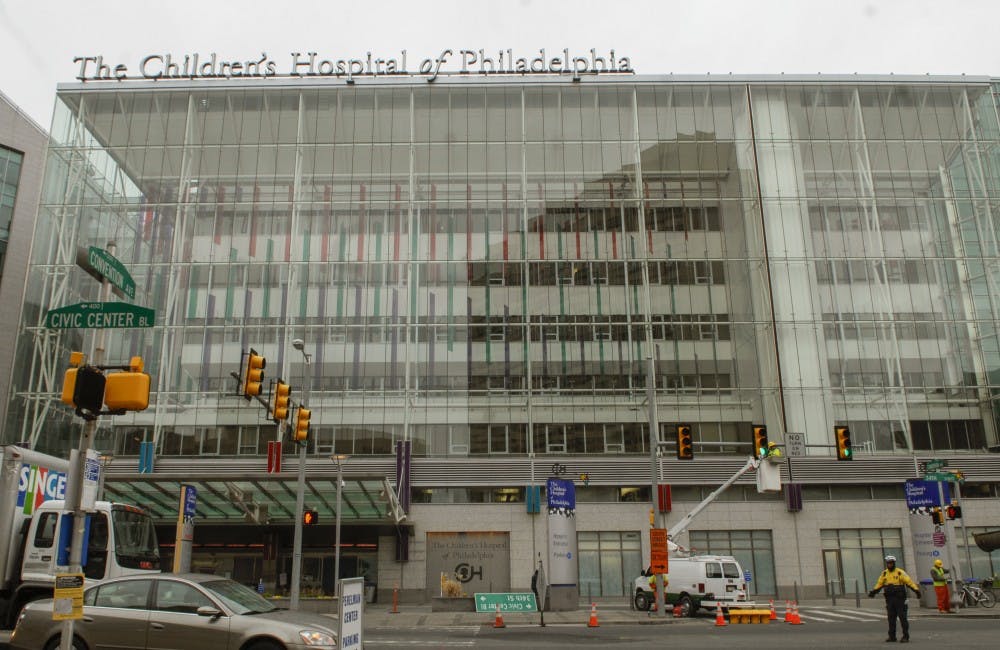
The Children’s Hospital of Philadelphia opened a new clinical manufacturing facility in its campus in University City. The $75 million underground lab will serve as a cell and gene-therapy testing and production facility.
The facility opened on Oct. 31 in the basement of the Colket Translational Research Building at 3501 Civic Center Blvd., according to Philly.com. At the opening, doctors and researchers led facility tours for Philadelphia CEOs. Afterwards, there was a panel discussion with those directly involved in the research and creation of various FDA approved gene therapies.
An earlier version of CHOP's manufacturing facility developed tools crucial to producing CAR T-cell therapy, BioSpace reported. The facility also helped create Luxturna to treat a form of inherited blindness, a project which was pioneered by Penn Medicine professor Jean Bennett.
The opening of the facility continues to cement Philadelphia as a center of biomedical innovation. Other facilities in the city working on similar therapies include the Clinical Cell and Vaccine Production Facility at the Hospital of the University of Pennsylvania, WuXi AppTec in South Philadelphia, and the gene-therapy research labs at Thomas Jefferson University Hospital.
The new manufacturing facility is part of a city-wide goal for medical centers to increase vector production and test, approve, and sell new therapies, according to Philly.com.
"In this facility, we make the tools — the vectors — that scientists use to deliver cell and gene therapies, bringing dramatic precision medicine treatments to patients," President and CEO of CHOP Madeline Bell said at the Oct. 31 opening, BioSpace reported.
One of the panelists at the facility's opening was Penn Medicine professor Carl June. June is famous for developing Kymriah, a gene-therapy that uses a patient's genetically altered immune cells to fight disease. Kymriah is the first of its kind to be approved by the U.S. Food and Drug Administration.
Five years ago, June and his team had a breakthrough in T-cell immunotherapy for cancer patients after approximately two decades of related work.
“The immune system tries to fight the cancer...but usually it fails," June said in an interview with The Daily Pennsylvanian at the time. "Finding the reasons the immune system fails is what we’ve worked on and making it so that it doesn’t fail, so it can control the cancer and cure it, has been the holy grail objective of what we do."
The Daily Pennsylvanian is an independent, student-run newspaper. Please consider making a donation to support the coverage that shapes the University. Your generosity ensures a future of strong journalism at Penn.
Donate






